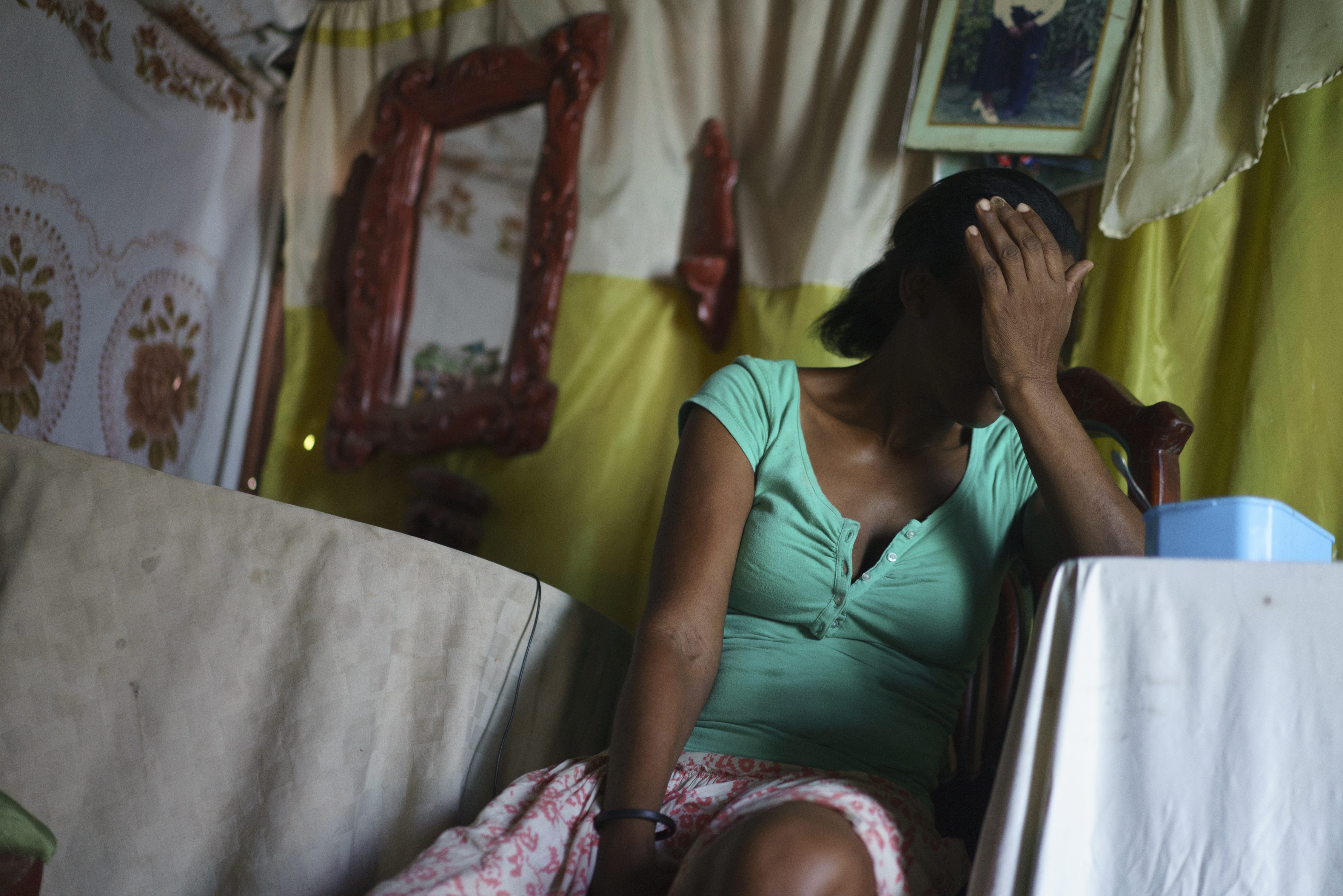Timor: families separated, forced relocation
Timor: families separated, forced relocation
UNHCR is gravely alarmed by persistent reports and indeed mounting evidence of deportation of East Timorese to West Timor and cases of separation of men from women and children. Reports from various sources speak of families being separated while being forcibly taken to West Timor. They speak of anti-independence militias hunting down supporters of independence in West Timor's capital Kupang and the border town of Atambua which has been overrun by militias. UNHCR is adamant that no-one should be taken away from East Timor against their will and that all those already deported must be allowed to return.
Some of some 13,000 internally displaced assembled in four sites in Dili - the harbour, the regional police headquarters, the government compound and the military headquarters - told UNHCR they were terrified after being told by the Indonesian military that they would be taken to West Timor or elsewhere in Indonesia. They say they had been assembled in the four sites by the military. They want to stay in Dili but they are too terrified to say it aloud in the atmosphere of total intimidation which prevails there. Some said before the arrival of the Security Council delegation last Saturday they were ordered to wear bandannas with Indonesian colours to pose as opponents of independence.
The overall degree of displacement in East Timor is not known but it could go into hundreds of thousands. According to bits and pieces of information trickling through from the town of Dare not far from Dili, some 30,000 are sheltering there in desperate conditions. But many more pass through Dare and seek refuge in the mountains.
After more than 1,500 displaced people from the UNAMET compound were flown to Australia along with most UN staff, the compound was looted, office equipment and computers were carted away and vehicles were trashed. Huge columns of smoke could be seen rising from two parts of Dili and there was a large number of armed militia in the city centre. One UNHCR staff remains in Dili with 9 other UN international workers who have now moved to the Australian consulate compound, which has electricity and water.
UNHCR is grateful to the Australian Government for giving refuge to the 1,500 at our request. Their status is similar to that granted to Kosovo Albanians evacuated from FYR of Macedonia last spring. Darwin has now become a major logistical hub. UNHCR has 200 square metres of warehouse space with several planeloads of food and other emergency supplies which can be flown into Dili on a few hours' notice.








